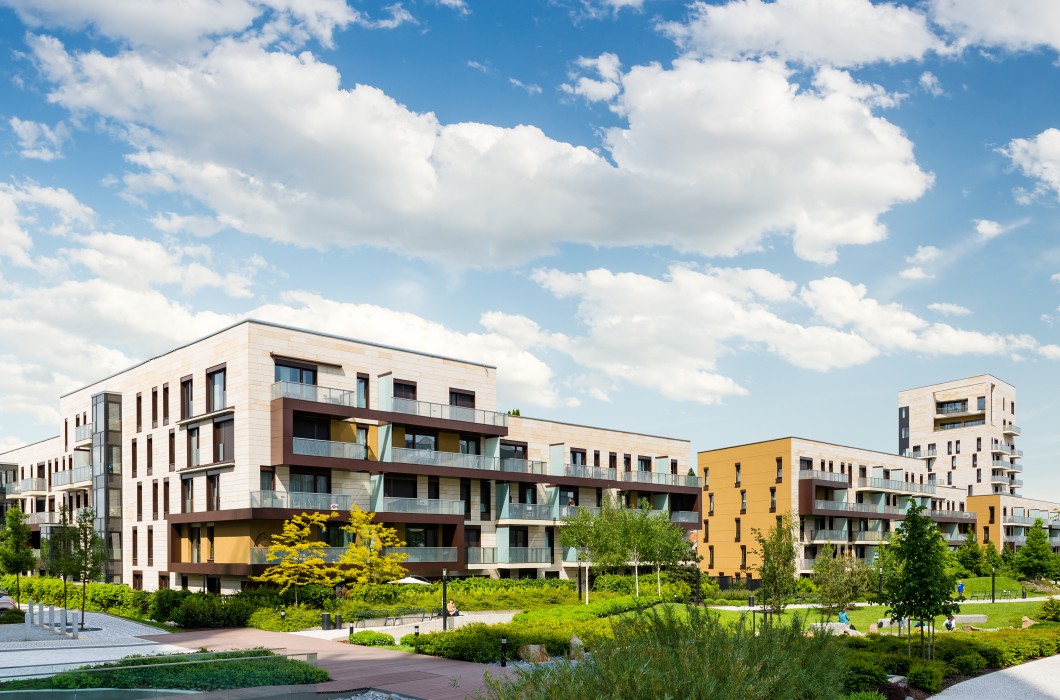Client
Bureau de l’effiacité et de l’innovation énergétique (BEIE)
projeCt Description
In 2010, the Bureau de l’efficacité et de l’innovation énergétiques (BEIE) launched an initiative aimed at: (1) promoting the development of the communities in a more sustainable manner; and (2) encouraging a concerted effort in this direction across the province. In this context, it was proposed that a support program be developed to assist the sustainable development in communities. Although the BEIE working groups made tangible progress in defining such a program, the BEIE commissioned Econoler to conduct research and analysis to examine certain possible solutions suggested by the experts and come up with a program design ready to be implemented.
Highlights
Econoler was commissioned to design a support program intended for real estate developers and municipalities that wanted to develop real estate project themselves, to encourage and assist them to develop sustainable community projects.
The main objective of the program was to reduce fossil fuel consumption and greenhouse gas emissions (and such reductions must be measurable). This assignment involved carrying out the following specific tasks:
- Defining the elements of the content of this program by building on the work already completed.
- Identifying the means of intervention and developing the program’s support structure.
- Determining the program’s management processes.
- Establishing the elements and mechanisms required to introduce this program into the market.
- Defining the indicators for monitoring and quantifying the impacts of the program.
- Developing pilot projects required to test the proposed program.
The first deliverable was the first report detailing all the structural aspects of the program, including the elements of the contents, the context for its application and the support structure. Three evaluation grids containing quantitative criteria and objectives were developed for three different environments, namely big urban centres, suburbs and small urban centres. These criteria covered aspects related to land-use planning, transport, energy efficiency and social acceptability of the projects. To continue carrying out work in the same direction as that followed by the BEIE working groups, these evaluation grids were developed according to the principles established by the LEED for Neighborhood Development (LEED-ND) certification program.
In Phase 2, Econoler focused on outlining how to implement the program. The second deliverable was a report outlining all of the program’s administrative aspects, including the management process, the tools for computerized management, the communication strategy and the indicators for monitoring.
Phase 3 of this assignment involved supporting the BEIE in the development of two pilot projects aimed at testing the program design previously proposed. The final report discussed the process of project selection, the issues to be examined and the estimated budgets of the pilot projects.
In fulfillment of this assignment, Econoler delivered a complete turnkey program design, which allowed the BEIE to launch the pilot phase of its sustainable community development support program.



